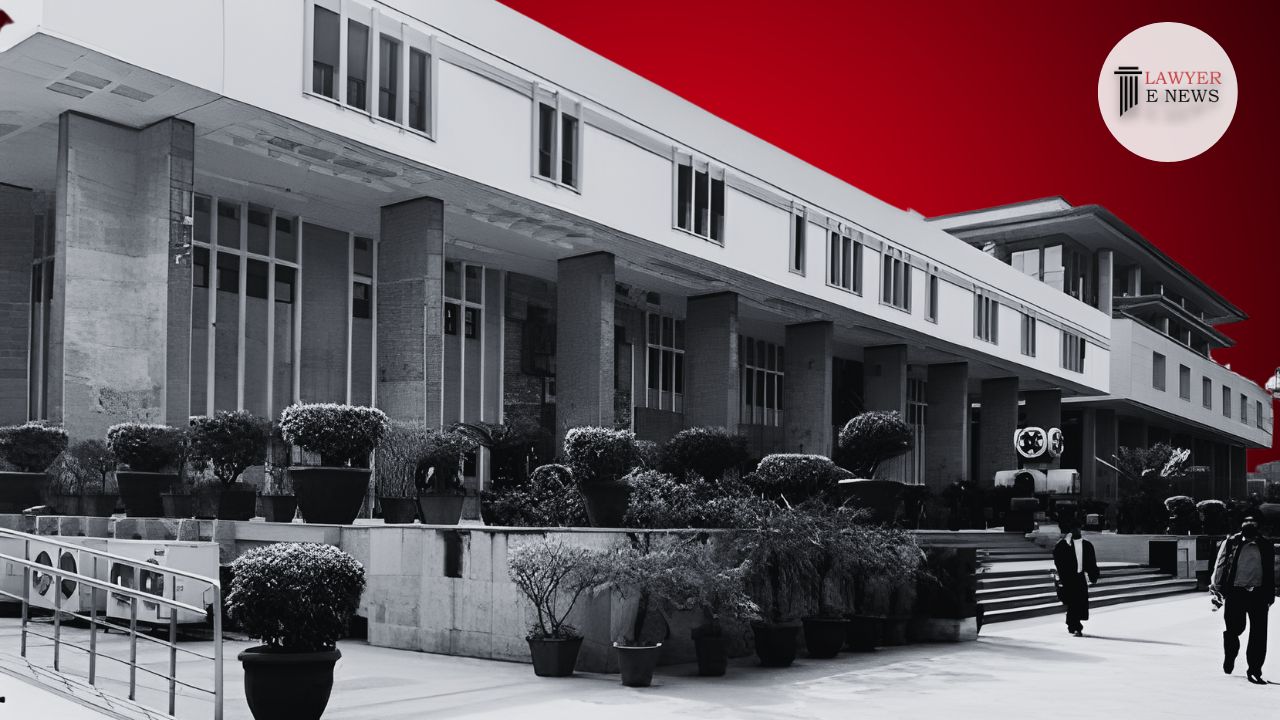-
by sayum
17 February 2026 8:32 AM



In a significant judgment pronounced on February 5, 2024, the Delhi High Court overturned the Trial Court’s decision, granting probate of a Will dated April 4, 2007, in the case of Vijender Singh versus State & Ors. The case, marked by complexities of property rights and legitimacy of a will, highlights the intricate legal standards applied to testamentary disputes.
The appellant, Vijender Singh, had challenged the Trial Court’s decision dated April 26, 2018, which dismissed his probate petition concerning a will executed by his mother, Smt. Lado. The disputed properties are located in Village Khizrabad, New Delhi.
The case pivoted on the Indian Succession Act, 1925, with crucial references to Sections 63 and 68 of the Indian Evidence Act, 1872. The appellant’s counsel, Mr. Sunil Choudhary, argued that the Trial Court failed to recognize the Will as a legally enforceable document, being unduly influenced by minor contradictions.
Respondent No. 3 contested the Will’s authenticity, claiming it to be a fake document and alleging ancestral rights over the properties.
Justice Shalinder Kaur, while delivering the judgment, noted, “The first fundamental aspect is whether the testatrix understood the contents of the Will.” The Court meticulously examined the testimonies and evidence, emphasizing the principles governing the proof of a Will as established in various Supreme Court decisions.
The High Court identified that the Will’s execution was proven in accordance with the pertinent sections of the Indian Succession Act and the Indian Evidence Act. It was found that the suspicious circumstances noted by the Trial Court were not substantial enough to override the evidence proving the Will’s authenticity.
The High Court set aside the impugned order of the Trial Court, accepting the appeal and granting probate of the Will subject to the payment of requisite stamp duty and fee. The Court ordered, “The appellant/petitioner is exempted from furnishing any security bond.”
Date of Decision: 05.02.2024
VIJENDER SINGH VS STATE & ORS
